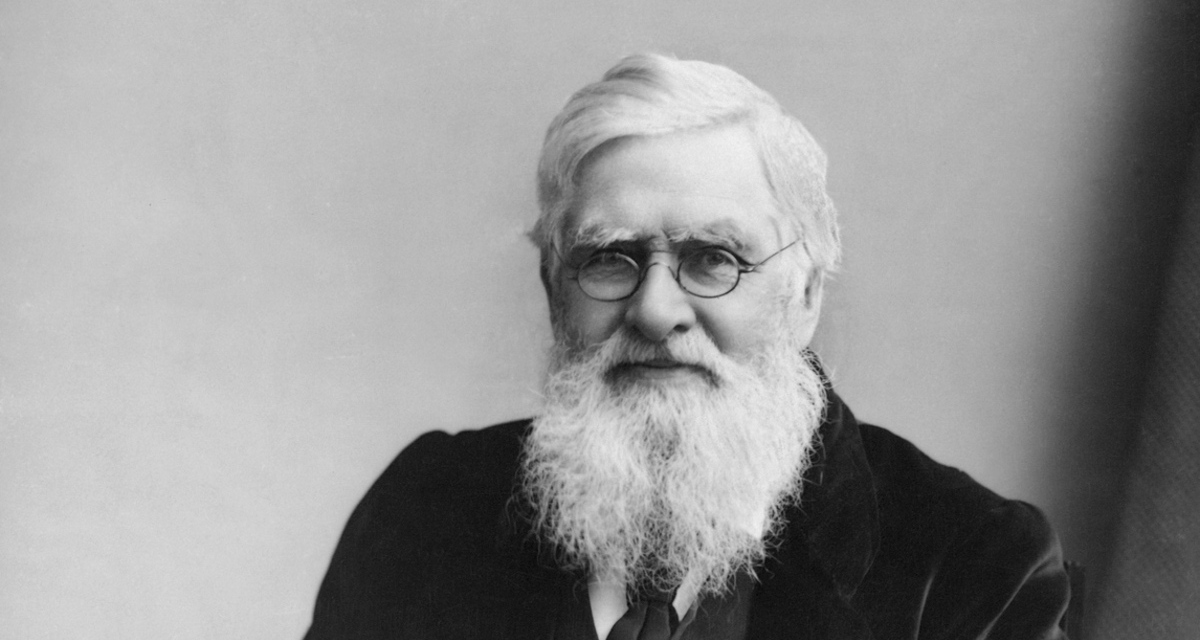


Neil Thomas Takes on Epicurus and the Logical Positivists
Today’s ID the Future concludes a three-part series featuring author Neil Thomas in a free-ranging conversation with radio show host Hank Hanegraaff. The focus is Thomas’s recent book, Taking Leave of Darwin: A Longtime Agnostic Discovers the Case for Design. Here Thomas and Hanegraaff discuss the logical positivists and what Thomas sees as their failure to consistently apply their evidential standards to Darwinism. Thomas also contrasts the cosmic nihilism of Richard Dawkins with the mounting evidence of fine tuning for life, and calls out what Thomas describes as the magical thinking at the heart of Darwinism. Hanegraaff and Thomas also explore how Darwin’s theory of evolution has roots in an ancient philosophical system that was long regarded as resting on such flimsy speculative foundations that it wasn’t taken seriously for long centuries. In Thomas’s opinion, that philosophical system shouldn’t have been taken seriously then, and still shouldn’t be. In the wrap up, Hanegraaff and Thomas provide a model of how two men with differing positions on Christianity can converse and even challenge each other while remaining cordial. Hanegraaff, an Orthodox Christian, urges Thomas, a longtime agnostic rationalist who has recently become open to theism, to take his journey into theism further by considering the historical claims specific to Christianity. Does Thomas bridle? Not all. Listen in to hear how the conversation plays out, and find Thomas’s book, which Hanegraaff highly recommends, here. This three-part series is posted here by permission of Hank Hanegraaff. For more Hank Hanegraaff, check out his podcast, Hank Unplugged.

Neil Thomas and Hank Hanegraaff: An Autopsy for Darwinism
Today’s ID the Future kicks off a three-part series featuring Taking Leave of Darwin author Neil Thomas interviewed by radio host Hank Hanegraaff. In this first part, Hanegraaff begins by lauding Thomas’s book and underscoring how influential Darwin’s theory of evolution has been on Western culture. Then Thomas sketches the cultural milieu and individual motivations that he’s convinced drew Darwin toward his formulation of the theory of evolution by natural selection. Here the focus is not on the various evidential weaknesses of Darwin’s theory (which Thomas does cover in his book) but on a question that puzzled Thomas once he became convinced of just how evidentially weak the case for Darwinism was: How was it that a theory so poorly supported by the evidence (such that even some of its most ardent supporters found themselves rejecting key aspects of it) nevertheless came to dominate the academy? Tune in to find out what Thomas ultimately concluded from his autopsy of the theory and its early reception, and stay tuned for episodes two and three. This audio material is used by permission of Hank Hanegraaff. Thomas’s book is available here.

Charles Darwin and Alfred Russel Wallace: Darwin’s Pattern for Scientific Dialogue that Darwinists Could Stand to Follow
On this episode of ID the Future host Mike Keas talks a third time with Michael Flannery about Flannery’s new book Nature’s Prophet: Alfred Russel Wallace and His Evolution from Natural Selection to Natural Theology. The surprising word come out of this conversation is how open Darwin was to Wallace’s opposing viewpoint — unlike many Darwinists today. Some of Flannery’s recent experience with historians of science, though, shows there is at least hope in some quarters for increasing academic openness today.